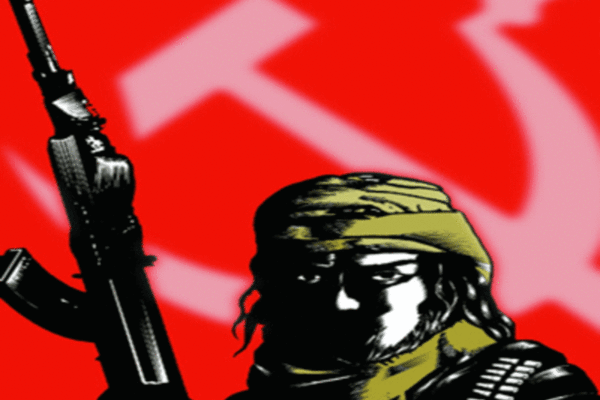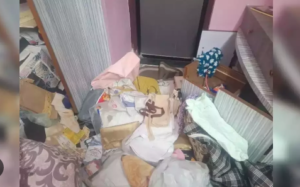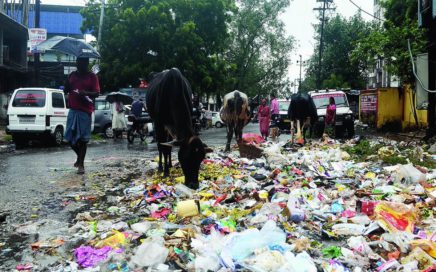
Nagpur: In a decisive move to tackle the growing influence of Naxal overground workers in urban areas, Chief Minister Devendra Fadnavis on Wednesday introduced the Maharashtra Special Public Security Bill, 2024, in the Maharashtra Legislative Assembly. The legislation aims to provide a targeted legal framework to counter the activities of urban sleeper cells linked to Naxals.
While tabling the Bill, Fadnavis highlighted the urgent need for preventive measures against the unchecked growth of urban sleeper cells. “The urban sleeper cells of Naxals are multiplying rapidly, especially in metropolitan areas. This necessitates swift and decisive action to prevent further destabilization,” he stated. The Chief Minister emphasized the government’s intent to strengthen mechanisms against overground workers and sympathizers of Naxal organizations, who he described as “equally dangerous” as the banned groups themselves.
Need for specific legislation
Currently, the State’s actions against such individuals rely on provisions under the Indian Penal Code (IPC) and the Unlawful Activities (Prevention) Act (UAPA). However, Fadnavis explained that these laws have limitations. “While the UAPA addresses terrorism, its provisions often do not cover the activities of overground workers or Naxal sympathizers,” he said. Moreover, there have been instances where the Supreme Court struck down the applicability of UAPA provisions in anti-Naxal actions, underscoring the necessity of a specialized legal tool.
Learning from other states
Fadnavis noted that Maharashtra would join six other Naxal-affected states—Odisha, Andhra Pradesh, Chhattisgarh, Telangana, Madhya Pradesh, and Jharkhand—that have enacted similar legislation. These states have used their Public Security Acts to ban 48 frontal organizations linked to Naxals, demonstrating the effectiveness of targeted laws. “Anti-Naxal Operations teams in Maharashtra have long sought specific legislation to counter activities in urban areas. This Bill addresses their demand,” he added.
Key provisions and implications
The proposed Bill outlines measures for identifying and dismantling urban sleeper cells and monitoring organizations that may act as fronts for Naxal ideologies. It also seeks to empower law enforcement with enhanced tools for investigation and prosecution while maintaining constitutional safeguards to prevent misuse.
Fadnavis reiterated the government’s commitment to ensuring public safety and protecting the constitutional framework. “This legislation is a proactive step toward securing urban spaces from the influence of Naxalism and ensuring peace for Maharashtra’s citizens,” he concluded.
Trying to assuage the feelings of the Opposition benches and civil society at large, Fadnavis stated that the State Government itself is going to send the draft of the Act to Joint Select Committee which comprises members of both Houses of State Legislature, for its total scrutiny. Even civic societies and organisations that fear curbing of freedom of speech by the State or crackdown on dissent using the provisions of Special Act, would be able to present their side before the committee, he said.
“Till now it was thought that the Maoists movement was limited to remote jungle areas, but now their modus operandi has changed over the years and Urban Naxal pose a grave threat to the Constitution scheme of arrangement. It is well known that in absence of any specific legislation to counter the urban sympathisers, the movement has infiltrated various civil society movements and activity trying to build support espousing the cause of Maoists.”
The Chief Minister said the stated idea behind bringing the Special Public Safety Act is to empower police to crackdown on ‘safe houses’ and ‘urban dens’ of the Maoist network in the cities. The Bill mentions that Naxal organisation activities are fomenting unrest amongst citizens. Especially their united front are propagating their ideology or armed rebellion among common masses which threatens to undermine Constitutional mandate and is aimed at disrupting public order. Due to lacunae in the present laws, the Naxals were getting away in courts which struck down applicability of UAPA in anti-Naxal operations, saying terrorism and Naxalism are not the same.
















